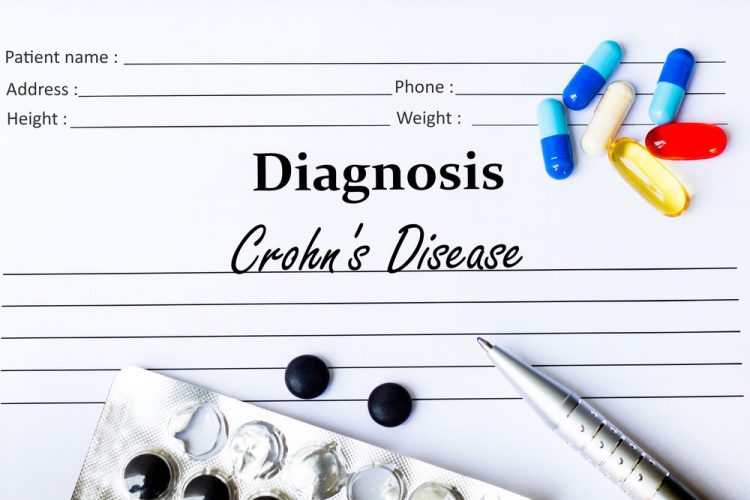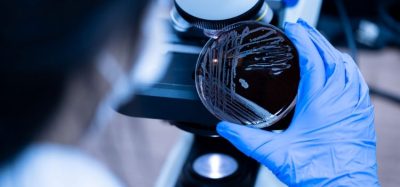EC approves Alofisel for complex perianal fistulae in Crohn’s disease
Posted: 3 April 2018 | Dr Zara Kassam (European Pharmaceutical Review) | No comments yet
The EC has approved Alofisel for the treatment of complex perianal fistulae in adult patients with nonactive/mildly active luminal Crohn’s disease…


TiGenix NV and Takeda Pharmaceutical Company have announced that the European Commission (EC) has approved Alofisel (darvadstrocel), previously Cx601, for the treatment of complex perianal fistulae in adult patients with nonactive/mildly active luminal Crohn’s disease, when fistulae have shown an inadequate response to at least one conventional or biologic therapy. Darvadstrocel should be used after conditioning of fistula. This marks the first allogeneic stem cell therapy (originating from donor stem cells) to receive central marketing authorisation (MA) approval in Europe.
Alofisel offers a novel and well-tolerated stem cell therapy treatment option for patients who do not respond to currently available therapies, and who have until now had limited treatment options available
The European approval follows a positive opinion by the European Medicines Agency (EMA) Committee for Medicinal Products for Human Use (CHMP), in conjunction with the Committee for Advanced Therapies (CAT), in December 2017.
The recommendation was based on results from a Phase III ADMIRE-CD pivotal trial, which showed that darvadstrocel achieved statistically significant superiority versus the control group in the primary efficacy endpoint of combined remission at 24 weeks, as well as further follow-up data that indicated darvadstrocel maintained long-term remission of treatment-refractory complex perianal fistulae in patients with Crohn’s disease over 52 weeks.
“Fistulating perianal Crohn’s disease represents one of the most challenging types of Crohn’s disease. It is challenging not only due to the difficult symptoms of pain and discharge, but particularly due to the major impact that these symptoms have on all aspects of life. This approval is a big step forward for patients with complex perianal fistulae in Crohn’s disease in the UK and has the potential to improve their quality of life,” said Professor Ailsa Hart from St Mark’s Hospital and Imperial College, London. “Alofisel offers a novel and well-tolerated stem cell therapy treatment option for patients who do not respond to currently available therapies, and who have until now had limited treatment options available.”
Mr Andrew Williams, Consultant Colorectal Surgeon at Guy’s and St. Thomas’ NHS Foundation Trust commented: “The availability of Alofisel provides a promising surgical option for those patients with complex Crohn’s perianal fistula disease. To date, surgical treatment for this challenging group has been very disappointing, it is hoped that with the adjunct of stem cell therapy, significant improvements can be made in fistula healing rates. The use of a stem cell therapy exemplifies the importance of a strong multidisciplinary gastrointestinal team collaborating to achieve the best results for these patients with complex medical conditions.”
“This approval of Alofisel reflects our deep understanding and recognised leadership in the development of allogeneic stem cells and our firm commitment to developing innovative therapies for medical needs,” said Dr María Pascual, VP Regulatory Affairs and Corporate Quality at TiGenix. “We are pleased to offer the medical community an important new treatment option for patients with Crohn’s disease who do not respond to currently available therapies.”
Darvadstrocel has been licensed to Takeda for the exclusive development and commercialisation outside of the US. Receipt of the MA will trigger a milestone payment from Takeda to TiGenix of €15 million, and initiation of the process of transferring MA from TiGenix to Takeda.
“Today’s marketing authorisation, the first for an allogeneic stem cell therapy, represents a positive advancement in the treatment of patients with complex perianal fistulae in Crohn’s disease,” said Dr Asit Parikh, Head of Takeda’s Gastroenterology Therapeutic Area Unit. “We look forward to bringing this much needed treatment option to patients across Europe in the coming months.”
Related topics
Drug Manufacturing, Drug Targets, Research & Development (R&D)
Related organisations
Imperial College, Imperial College London, St Mark’s Hospital, Takeda Pharmaceutical Company Limited, TiGenix NV
Related drugs
Related people
Dr Asit Parikh, Dr María Pascual, Mr Andrew Williams, Professor Ailsa Hart









